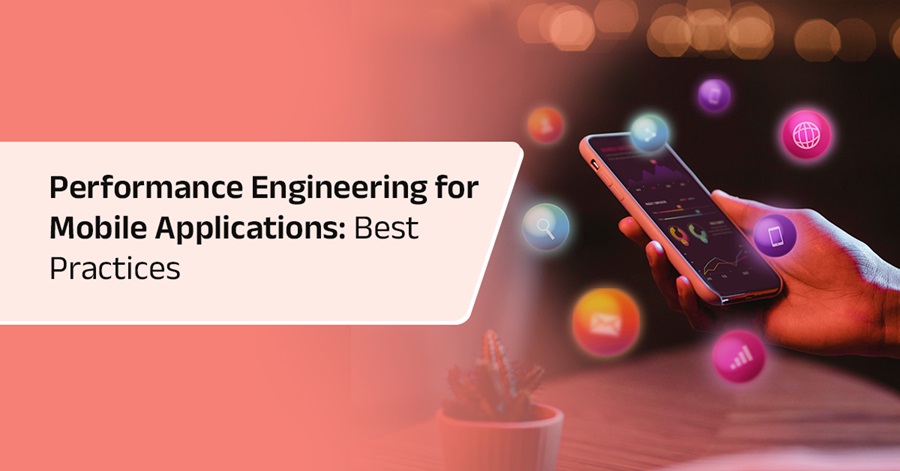
LogicMonitor announced its strategic collaboration with OpenAI, advancing its mission to enable seamless, scalable, and intelligent IT operations (ITOps) that benefit the management of AI and the shaping of the future workforce.
LogicMonitor has leveraged its own data sets gathered from over a decade of monitoring data centers to create LLMs purpose-built for ITOps and the teams driving AI innovation. This collaboration underscores LogicMonitor's commitment to transform data centers by enabling enterprises to future-proof their IT environments through AI-powered insights, automation, and operational resilience. By integrating with OpenAI's cutting-edge technologies, including o1, LogicMonitor enhances its platform intelligence - delivering smarter and more actionable data, intelligent automation, and unmatched scalability and efficiency for enterprise IT teams.
"LogicMonitor has long been the trusted, strategic partner to CIOs, helping them build resilient, scalable businesses ready for the Agentic AI era," said Christina Kosmowski, CEO, LogicMonitor. "This integration with OpenAI's technology accelerates our AI leadership, enabling us to deliver the most advanced reasoning technologies that transform data centers and ITOps. By embedding OpenAI's advanced reasoning technologies into our platform and workflows, we're empowering IT teams with agentic interfaces and intelligent automation to stay ahead in a complex landscape—while driving faster innovation and greater value for our customers."
Giancarlo Lionetti, Chief Commercial Officer at OpenAI, said: "By integrating OpenAI's advanced reasoning technologies into Edwin AI and internal workflows, LogicMonitor's customers will be able to manage the complexity of modern data center environments faster and with more precision."
LogicMonitor's Edwin AI empowers IT teams with purpose-built AI agents for ITOps that deliver proactive insights and intelligent automation. Now integrating with OpenAI's advanced reasoning models, Edwin AI transforms raw fragmented data into actionable intelligence, helping enterprises streamline operations, solve complex problems faster, and improve data center performance. Benefits of the integration include:
- Unified data integration – Unified insights from native first-party telemetry data, third-party telemetry data and critical IT data, enabling faster root-cause analysis and reducing downtime for improved service reliability.
- Advanced reasoning capabilities – Analyze multiple factors in parallel, enabling human-like decision-making and complex problem-solving to address IT challenges with greater speed and accuracy, ensuring seamless data center operations.
- Proactive problem solving – Always-on AI insights that predict and prevent issues before they impact performance, enhancing uptime and operational resilience for complex data center environments.
- Flexible AI architecture – LLM-agnostic design that leverages the latest technologies from OpenAI while enabling integration of other AI models, ensuring adaptability for evolving business needs and scalability.
"We're setting a new standard for AI in ITOps," said Karthik SJ, General Manager of AI, LogicMonitor. "Edwin AI isn't just another AI copilot - it's a purpose-built AI agent for ITOps that can understand, reason, act and resolve the most complex issues in the data center. By integrating with OpenAI's cutting-edge reasoning models, we're enabling teams to automate complex operations and optimize performance, redefining what's possible for enterprise IT."
As part of the collaboration, LogicMonitor is adopting OpenAI's ChatGPT Enterprise to empower the workforce of the future - modernizing its internal workflows that impact the transformation of ITOps. By integrating AI-powered chat and automation, LogicMonitor is accelerating AI adoption to upskill the workforce, boosting productivity, streamlining operations, and driving smarter decision-making. This initiative empowers the company's teams to innovate faster, improve efficiency, and deliver superior outcomes for customers.
The Latest
Industry experts offer predictions on how DataOps and related technologies will evolve and impact business in 2025 ...
Gartner highlighted the six trends that will have a significant impact on infrastructure and operations (I&O) for 2025 ...
Since IT costs can consume a significant share of revenue ... enterprises should (but often don't) pay close attention to the efficiency of IT operations at scale. Improving operational cost structures even fractionally can yield major savings for larger organizations, often in the tens of millions of dollars ...
Being able to access the full potential of artificial intelligence (AI) and advanced analytics has become a critical differentiator for businesses. These technologies allow for more informed decision-making, boost operational efficiency, enhance security, and reveal valuable insights hidden within massive data sets. Yet, for organizations to truly harness AI's capabilities, they must first tap into an often-overlooked asset: their mainframe data ...
The global IT skills shortage will persist, and perhaps worsen, over the next few years, carrying a collective price tag of more than $5 trillion. Organizations must search for ways to streamline their IT service management (ITSM) workflows in addition to, or even apart from, hiring more staff. Those who don't find alternative methods of ITSM efficiency will be left behind by their competitors ...
Embedding greater levels of deep learning into enterprise systems demands these deep-learning solutions to be "explainable," conveying to business users why it predicted what it predicted. This "explainability" needs to be communicated in an easy-to-understand and transparent manner to gain the comfort and confidence of users, building trust in the teams using these solutions and driving the adoption of a more responsible approach to development ...
Modern people can't spend a day without smartphones, and businesses have understood this very well! Mobile apps have become an effective channel for reaching customers. However, their distributed nature and delivery networks may cause performance problems ... Performance engineering can be a solution.

Industry experts offer predictions on how Cloud, FinOps and related technologies will evolve and impact business in 2025. Part 3 covers FinOps ...
Industry experts offer predictions on how Cloud, FinOps and related technologies will evolve and impact business in 2025. Part 2 covers repatriation and more ...
Industry experts offer predictions on how Cloud, FinOps and related technologies will evolve and impact business in 2025 ...


